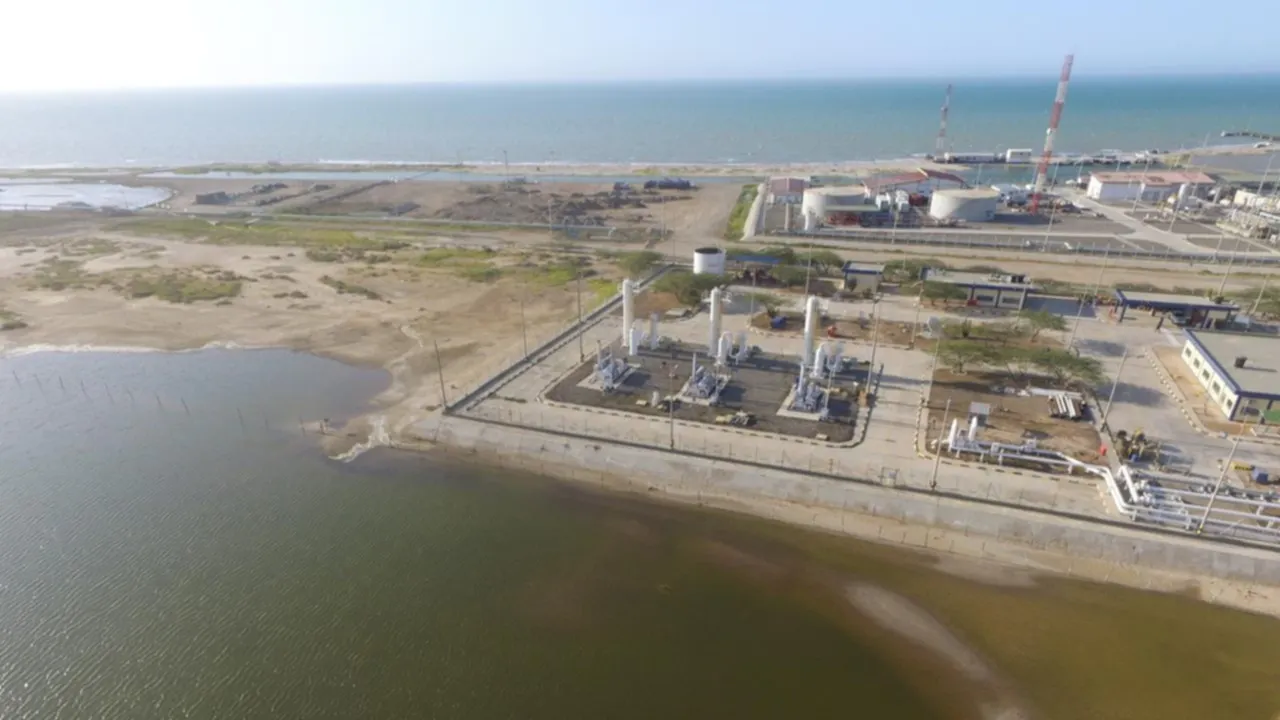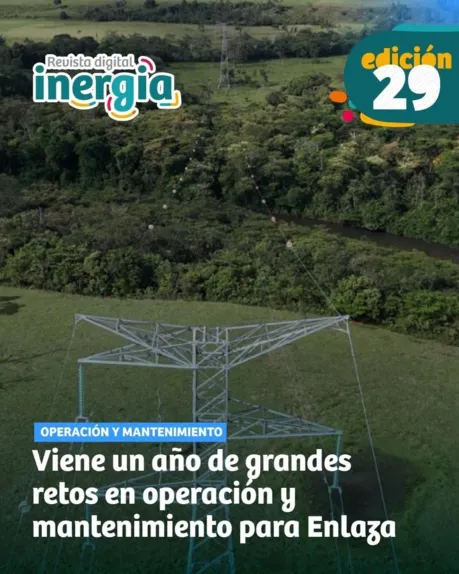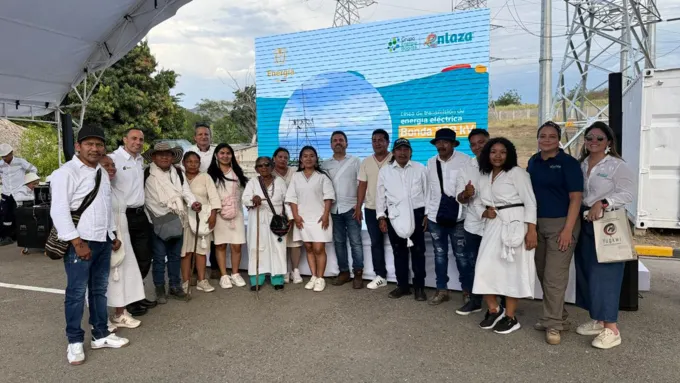
En Grupo es mejor
El Grupo Energía Bogotá es un gran equipo de más de 2.700 personas en Colombia, Perú, Brasil y Guatemala que trabaja unido para hacer historia, para apoyarse, transformarse y mejorar vidas con energía sostenible y competitiva.

Así hemos crecido en 130 años en Latam
Aniversario de nuestras filiales en el primer semestre del 2026
-
Electro Dunas (Perú) 30 de enero de 2026
-
Conecta (Guatemala) 10 de febrero de 2026
-
TGI (Colombia) 16 de febrero de 2026
-
Contugas (Perú) 4 de junio de 2026

¡No te pierdas nuestro pódcast!
La masificación del gas que transformó territorios en el Perú
¿Cómo se masifica el gas natural en una región y qué impacto real deja? Con Contugas, filial del GEB, analizamos el caso del sur del Perú: reducción de costos en hogares y pymes, dinamismo industrial y empleo local.
Recorrimos las decisiones, las alianzas comunitarias y los hitos técnicos que hicieron posible esta transformación.
Un episodio de En Grupo Es Mejor sobre cómo la transición energética se construye con infraestructura, pero también con escucha, comunicación y confianza en los territorios. Mejorar Vidas con Energía Sostenible y Competitiva, porque #EnGrupoEsMejor.

Noticias con energía
Encuentre aquí los comunicados, boletines y notas de prensa del Grupo Energía Bogotá y sus filiales de Colombia, Perú, Brasil y Guatemala.

¿Ya leíste nuestra revista Inergia?
En el GEB, a través de Enlaza, tenemos la única revista digital de Colombia dedicada a la transmisión de energía eléctrica, Inergia. Noticias, crónicas, informes, videos y mucho más contenido para que estés al día en el sector.
Cumplimiento
El GEB está comprometido con los más elevados estándares de conducta y cumplimiento corporativo, por lo que ha definido un Programa de Cumplimiento orientado a proteger la integridad de la compañía, brindar seguridad razonable sobre sus Estados Financieros y acompañar el cumplimiento de los objetivos trazados.


